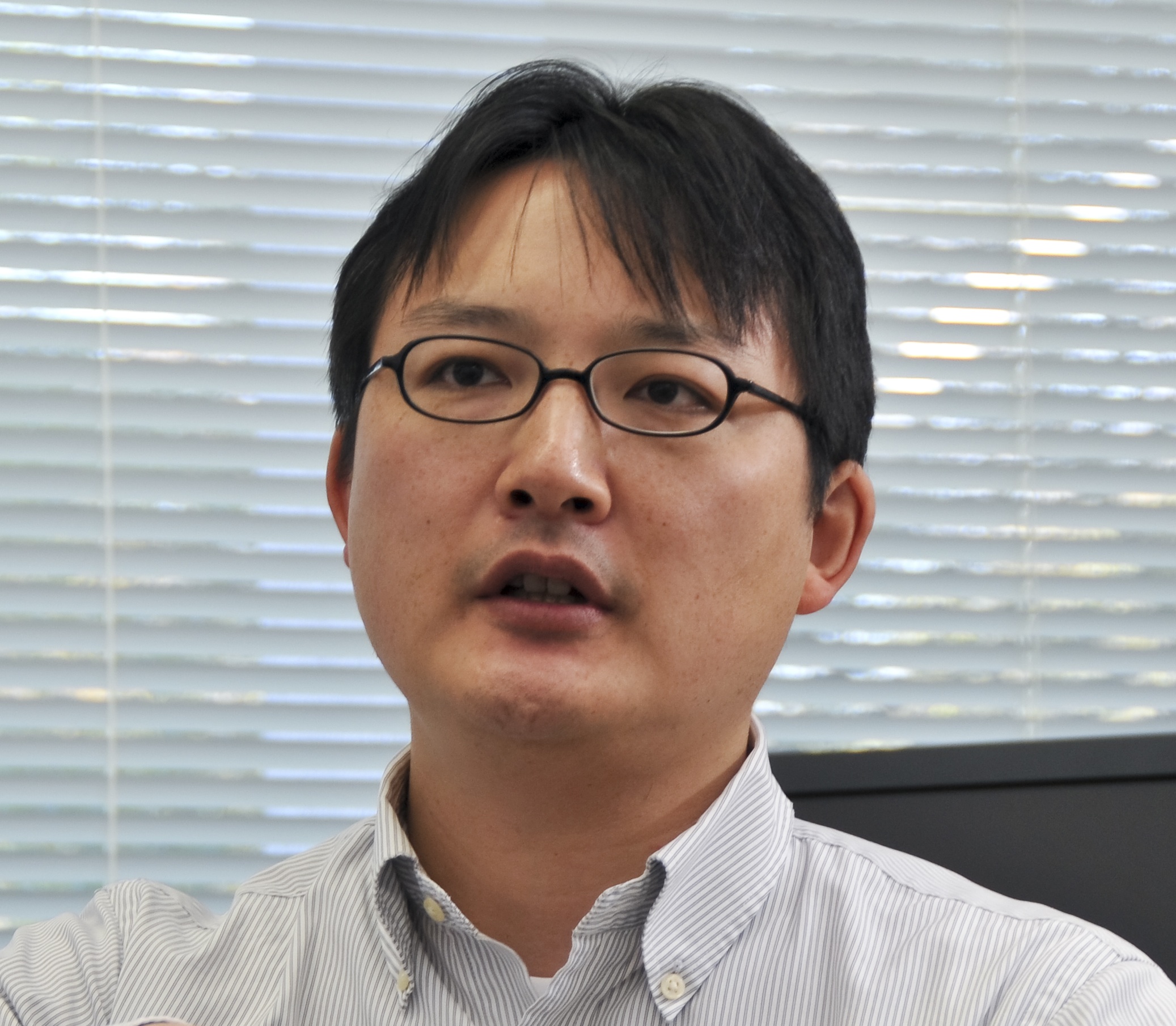
- This event has passed.
Colloquium Yuji Sugita: Parallel computing algorithms in molecular dynamics simulations for extremely large-scale biological systems
Online Colloquium
By Yuji Sugita, RIKEN, Theoretical Molecular Science, Japan
Molecular dynamics (MD) simulations of nano- and biomolecules are one of the most important techniques in computational science. Protein conformational changes and protein-ligand bindings are simulated with all-atom MD simulations to elucidate molecular mechanisms underlying these biological processes. Conventionally, we can perform MD simulations of a few proteins or nucleic acids in solution or in a phospholipid bilayer, which mimics a biological membrane. These simulation systems typically contain 105 – 106 atoms in a simulation box and could be simulated using workstations or PC-clusters with/without GPGPUs.
If we need to study biological processes in more realistic cellular environments, such as the cytoplasm, cellular nuclei, or realistic cell membranes, we must simulate multiple biomolecules at the same time to consider their specific or non-specific molecular interactions. Then, the size of a simulation system increases rapidly. One of our largest simulation systems to study macromolecular crowding effects in the cytoplasm contain 10 billion atoms, which is hardly simulated with conventional MD software on the standard computational environments.
In our group, we have developed high-performance MD software, GENESIS, (https://www.r-ccs.riken.jp/labs/cbrt/) for such large biological simulations. To improve the parallel computations, we have implemented unique numerical techniques, such as mid-point cell method, volumetric decomposition of three-dimensional FFT calculations, and so on. In my talk, I will discuss several key algorithms in our software. In addition, I discuss other key features of GENESIS, such as enhanced sampling algorithms for slow conformational dynamics, use of multi-scale models in MD simulations, and so on. Using these computational techniques, we can now study biomolecular structure, dynamics, and functions in realistic cellular environments to understand large-scale biological phenomena. For this purpose, it is also important to incorporate experimental observations with computer simulations through machine learning or data-assimilation methods. We discuss a few examples of data-driven MD simulations of biomacromolecules.
Curriculum vitae:
Yuji Sugita is a chief scientist in Theoretical Molecular Science Laboratory at RIKEN Cluster for Pioneering Research, in Wako, Japan. He is also working as a team leader of two RIKEN centers, such as RIKEN Center for Computational Science and RIKEN Center for Biosystems Dynamics Research, in Kobe, Japan. His research interest is the development and application studies of molecular dynamics simulations of biomolecules based on multi-scale models. He graduated from Department of Chemistry, Graduate School of Kyoto University (1998) and received his Ph.D degree in Chemistry (1998). After a short postdoctoral fellow experience in RIKEN, he moved to Institute for Molecular Science (IMS) in Japan as a research associate (1998) and wrote the first paper of replica-exchange molecular dynamics (REMD) simulation together with Prof. Yuko Okamoto. The paper (Chem. Phys. Lett. 314, 141-151, 1999) has been highly cited until now (4349 times in Google Scholar on October 14, 2021). Then, he moved to the Institute of Molecular and Cellular Biosciences, University of Tokyo and started molecular dynamics simulation studies of Calcium Ion Pump with Prof. Chikashi Toyoshima. From 2007, he has worked in RIKEN as a PI (associate chief scientist (2007-2012) and chief scientist (2012-present)). His research group has developed MD software GENESIS since 2009, which is one of the target software in Co-design research of post-K supercomputer, which becomes “Fugaku” supercomputer now.
REGISTRATION: